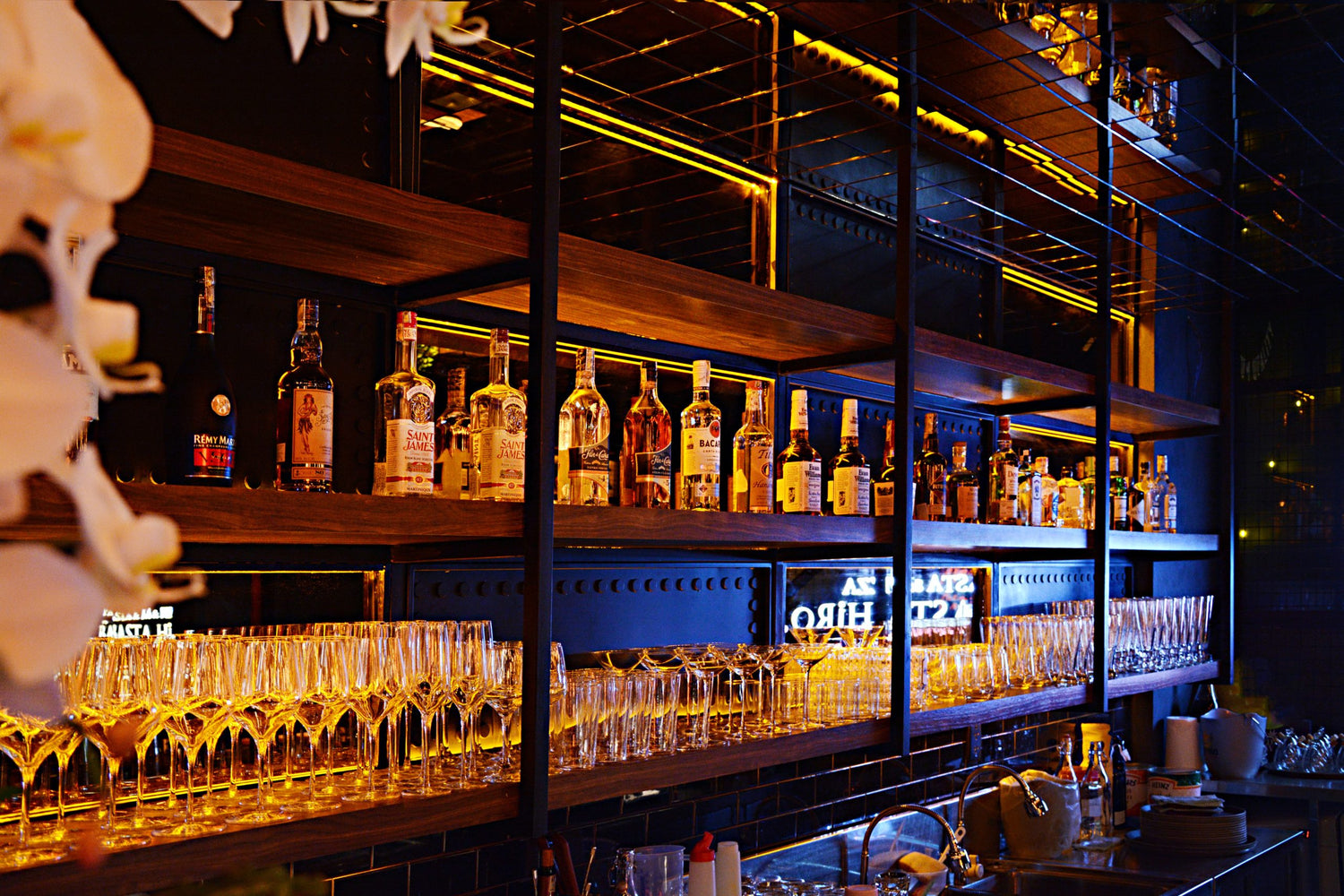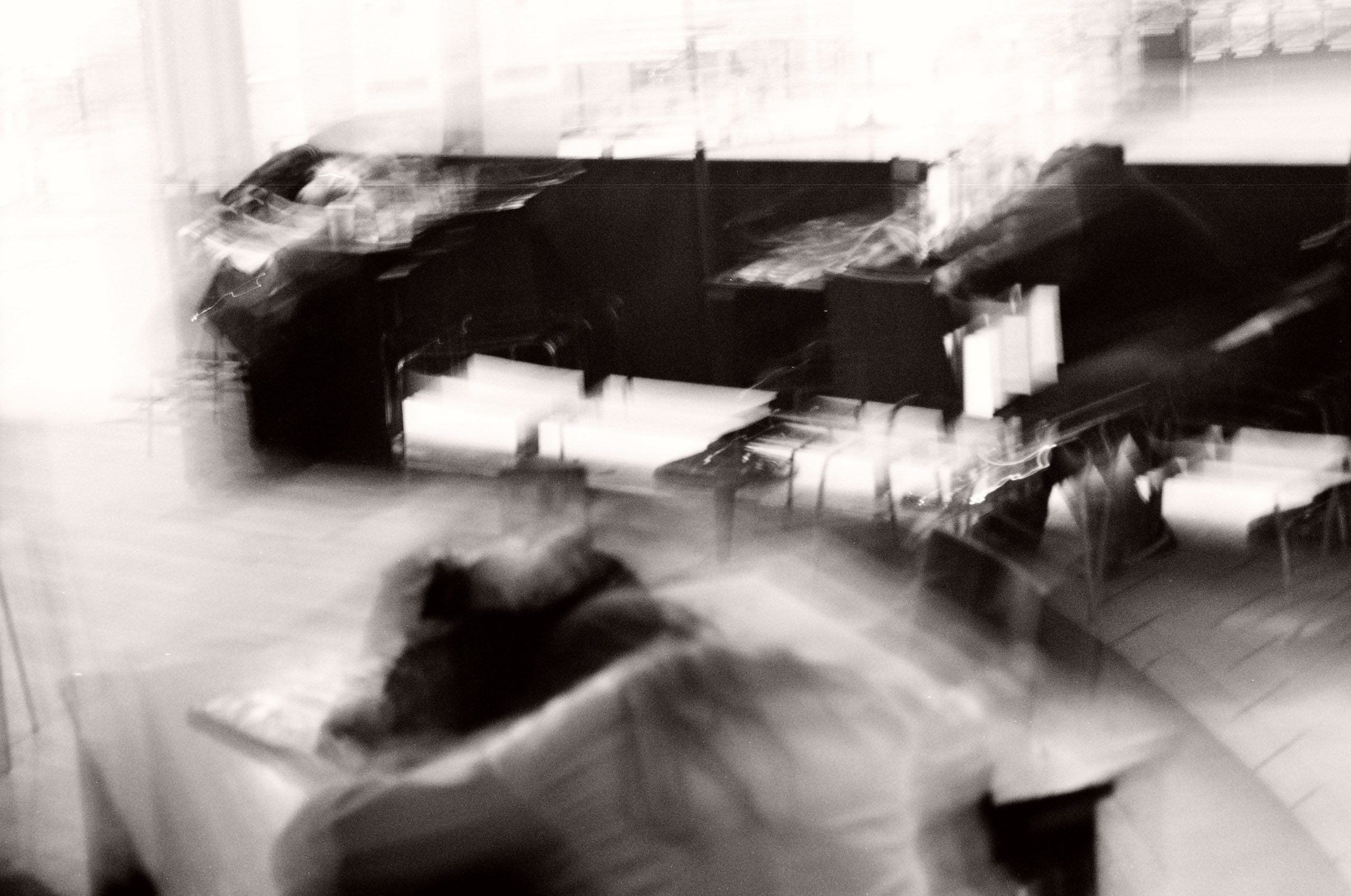Studies have found that a third of people who suffer from migraines say that alcohol is a trigger for them. In just a minute we’ll talk about why this might be the case, but first we want to offer a warning about alcohol and painkillers.
If alcohol is one of your triggers, what happens when you have a drink and then get a migraine? Obviously, you want to get rid of the pain as soon as possible, which might lead you to take medication. This is where you need to be very careful.
For example, one medication used to treat migraines is gabapentin. But taking gabapentin and drinking alcohol at the same time can be dangerous. While the medication can be used to treat the painful symptoms of migraines, it should never be taken along with alcohol.
Due to potentially dangerous interactions between pain medications and alcohol, other medications like ibuprofen and naproxen are better options for pain relief when you’re dealing with a migraine brought on by alcohol. Be sure to talk to your doctor or pharmacist about your migraine medications and potential interactions with alcoholic beverages.
Now let’s talk about alcohol and migraine headaches.

How Alcohol Triggers Migraines
While the role of alcohol in the onset of migraines isn’t fully known, there are a few factors that we are aware of.
Congeners
When alcohol is made, the fermentation process creates a byproduct called congener. These are things like acids and sweet-smelling alcohols.
You might see more congeners in darker alcohol, such as red wine, rum, or brandy.
If you find yourself more prone to migraines and hangovers when you drink alcohol, stick with drinks like vodka, beer, or some kind of drink diluted with non-alcoholic parts. These drinks will have fewer congeners and may be less likely to trigger an attack.
High Levels of Histamines
Your body naturally produces histamines, a compound released when the body encounters allergens and inflammatory reactions.
The fermentation of alcohol releases histamines. When we eat foods and consume drinks high in histamines, like alcohol, this can lead to a histamine overload.
For someone who has a histamine intolerance, the histamine level in an alcoholic drink can produce an allergic response, which may include migraines.
A study from The Journal of Headache and Pain found that histamine does cause migraine attacks.
Sulfites
Sulfites are added to alcohol to limit yeast growth and act as a preservative. These can be found in a lot of processed foods, dried fruits, and alcohol, specifically white wine.
But chances are, your migraines aren’t really stemming from sulfites. It is one possibility, but researchers have found that less than 1% of the U.S. population actually has a sulfite sensitivity.
The Difference Between Alcohol-Induced Migraines and Headaches
The biggest difference between an alcohol-induced headache and migraine is that, with a migraine, you’ll usually feel intense throbbing pain on one side of the head.
Alcohol-induced migraines also come with symptoms like nausea, vomiting, and sensitivity to light and sound.

How Long Does It Take for Alcohol to Trigger a Migraine?
A 2014 study found that alcohol-triggered migraines can set in within just a few hours. In the study, participants who drank 300 milliliters of red wine developed a migraine within 30 minutes to 3 hours.
A delayed alcohol-induced headache (more like a hangover) might take closer to 5 to 12 hours to kick in.
And it doesn’t always take a full glass of alcohol to cause a migraine. For some, a migraine can start after just a few sips of an alcoholic drink. It all depends on your sensitivity to alcohol and whether you’re already prone to getting migraines.
Is it Okay to Drink Alcohol if You’re Migraine-Prone?
If you tend to get migraines, it’s best to be careful with alcohol. People who already have migraine issues are more prone to getting them after drinking alcohol.
This doesn’t mean you can’t drink alcohol at all; it just means that you should watch how much you’re drinking so you can hopefully prevent migraines.
Having a single glass of wine, beer, or a shot now and then will probably be fine.
But remember, only you know your body. If that amount of alcohol usually gives you a migraine, consider limiting alcohol intake even more, or cut it altogether.
Ways to Treat Alcohol-Triggered Migraines
If you’ve found yourself with an alcohol-induced migraine, or want to be prepared if you get one, there are a few preventative measures you can take to ease the symptoms.
Here are a few ways to deal with alcohol-triggered migraines:
● Keep a diary logging your alcohol intake and subsequent symptoms
● Don’t drink alcohol on an empty stomach, but with a good meal instead — especially foods with vitamin B6
● Hydrate with water, Gatorade, or coconut milk
● Take anti-inflammatory medications like ibuprofen, naproxen, and prescription nonsteroidal anti-inflammatory drugs (NSAIDs)
Alcohol-triggered migraines can be painful, but they are preventable. If you struggle with migraines, use some of these tips and start learning more about what your body can and can’t handle when it comes to alcohol consumption.
Author bio: Hannah Bennett is a content specialist for AddictionResource.net, an informational content guide that provides resources for individuals and their families who struggle with addiction.





